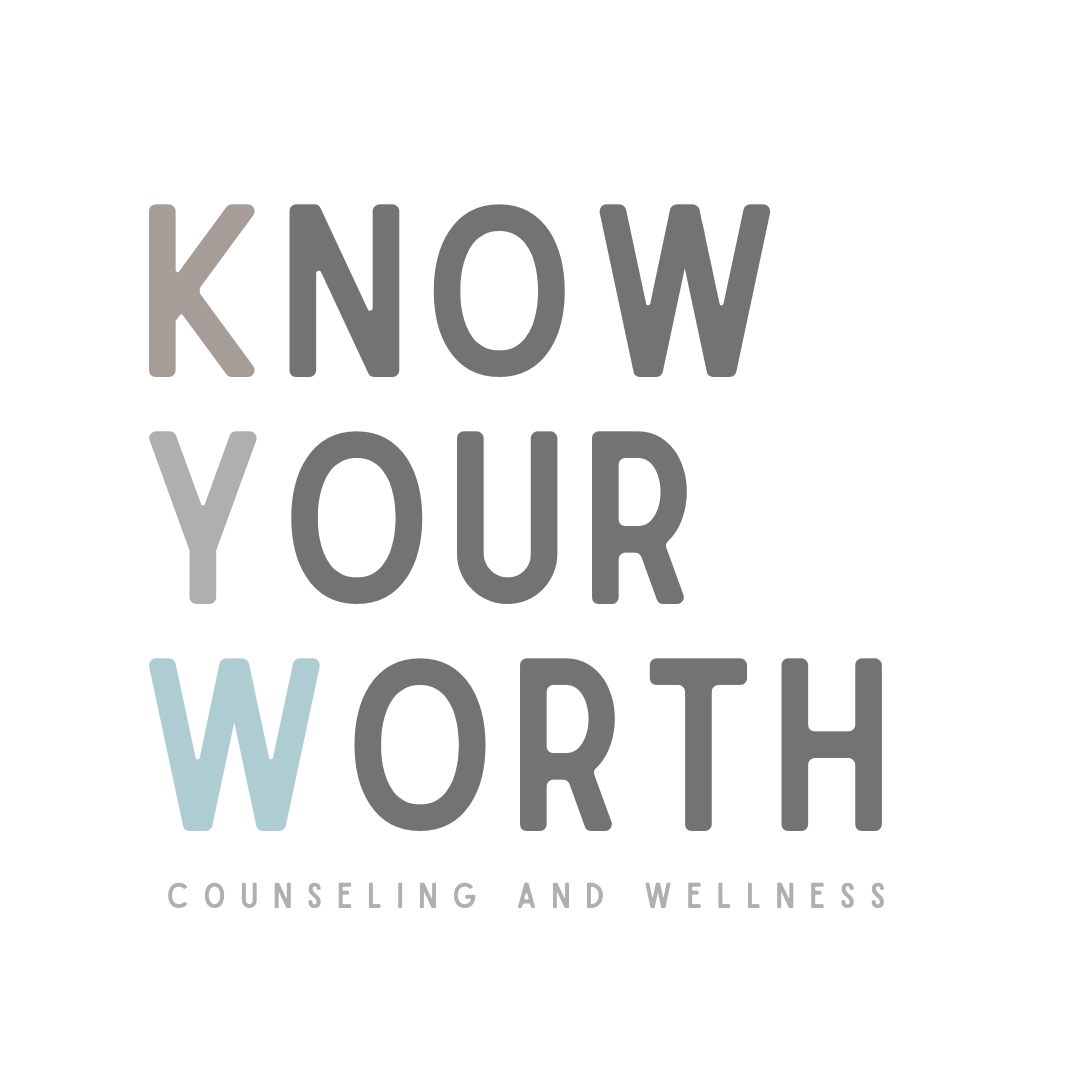The Reoccurring Battle: How to Deal with High-Conflict Relationships
Do you find yourself constantly pulled into emotional and psychological battles with someone in your life? Perhaps you feel drained, alone, and trapped, with nothing left in your emotional or mental tank to respond to their persistent need for conflict. If you've been in this "ring" for a while, the exit may seem elusive.
Understanding the distinct characteristics of high-conflict individuals and implementing supportive strategies are crucial steps toward reclaiming your peace. Let's explore these key areas to help you break free.
Decoding High-Conflict Characteristics
Individuals with high-conflict tendencies often exhibit specific patterns of behavior. Recognizing these can be the first step towards understanding and navigating these challenging relationships.
The Blame Game: A hallmark of high-conflict people is their tendency to externalize blame. You might find yourself constantly being projected upon, with everything invariably being someone else's fault. They struggle with taking personal responsibility.
Black and White Thinking: "All or nothing" thinking is another common trait. They tend to be rigid and lack the ability to see nuances or alternative perspectives. It's either one extreme or the other, with no middle ground.
Emotional Disconnect: Often, these individuals have difficulty acknowledging and discussing emotions, both their own and others'. They may dismiss feelings entirely and exhibit little to no empathy.
Escalating Behaviors: Dealing with high-conflict individuals can involve witnessing extreme and unwanted behaviors. This can range from yelling and throwing objects to, tragically, physical harm.
Safety First: Addressing Domestic Violence
When discussing high-conflict people, it's imperative to address domestic violence. At KYW Counseling & Wellness, your safety is our top priority. The only viable solution in a physically violent, high-conflict situation is to remove yourself from harm's way. If you or someone you know is experiencing this, please reach out for support: https://www.thehotline.org/get-help/domestic-violence-local-resources/ Don't hesitate to seek the help you deserve!
Strategies for Stepping Out of the Ring
When interacting with someone who thrives on high conflict, consider these key strategies to protect your well-being:
Focus on the Objective, Not the Introspective: Avoid expecting high-conflict individuals to engage in deep self-reflection or explore complex emotional landscapes. Their tendency towards black and white thinking makes subjective understanding difficult. Keep your communication clear, simple, and focused on objective facts.
Lean into the Future and Boundaries: Instead of dwelling on past hurts, shift the focus towards future steps and establishing healthier boundaries. Bringing up past grievances often leads to unproductive arguments. If you desire an apology or resolution from past pain, understand that some high-conflict individuals may be incapable of providing it. Instead, prioritize your own healing through practices like journaling, meditation, prayer, or consciously choosing forgiveness to release bitterness and resentment.
Emotions Take a Backseat to Solutions: Conversations centered on feelings can quickly derail into negativity with high-conflict individuals. Instead, adopt a solution-oriented approach. Frame discussions around "what can we do to work towards change?"
Avoid Labels and Diagnoses: Resist the urge to label someone as "high conflict" or use diagnostic terms like "narcissist." Such labels often fuel their defensiveness and guarantee a return to conflict. Remember that while personality disorders may involve high-conflict behavior, not everyone exhibiting high-conflict traits has a personality disorder.
Embrace CARS: A helpful framework to remember is CARS, coined by Dr. Bill Eddy: Connect, Analyze, Respond, and Set Limits. This provides a structured approach to navigating these interactions.
Prioritize Your Peace
Your emotional and mental well-being are invaluable. Don't allow another moment to be dictated by someone else's need for conflict. Take the courageous step towards setting the boundaries you need for improved mental health.
Remember, Know Your Worth Counseling and Wellness is here to provide additional support. Reach out to us to explore how we can help you navigate these challenging relationships and reclaim your peace.
High Conflict Relationship Reflections & Questions
What are your needs in relationships? Are these needs being met when interacting with high-conflict people?
What self-care practices help you maintain your emotional well-being when dealing with high-conflict people?
Think about the "CARS" framework (Connect, Analyze, Respond, Set Limits). Which of these areas is most challenging for you? Which is easiest?
Reflect on a time you felt "pulled into the ring." What triggered the conflict? Could you have responded differently?
How can you shift the focus to the future and set healthier boundaries with a high-conflict person in your life? What concrete steps can you take?
High Conflict Relationship Resources
5 Types of People Who Can Ruin Your Life: Identifying and Dealing with Narcissists, Sociopaths, and Other High-Conflict Personalities by Bill Eddy
The High-Conflict Couple: A Dialectical Behavior Therapy Guide to Finding Peace, Intimacy, and Validation by Alan E. Fruzzetti and Marsha M. Linehan
Our New World of Adult Bullies: How to Spot Them ― How to Stop Them by Bill Eddy





